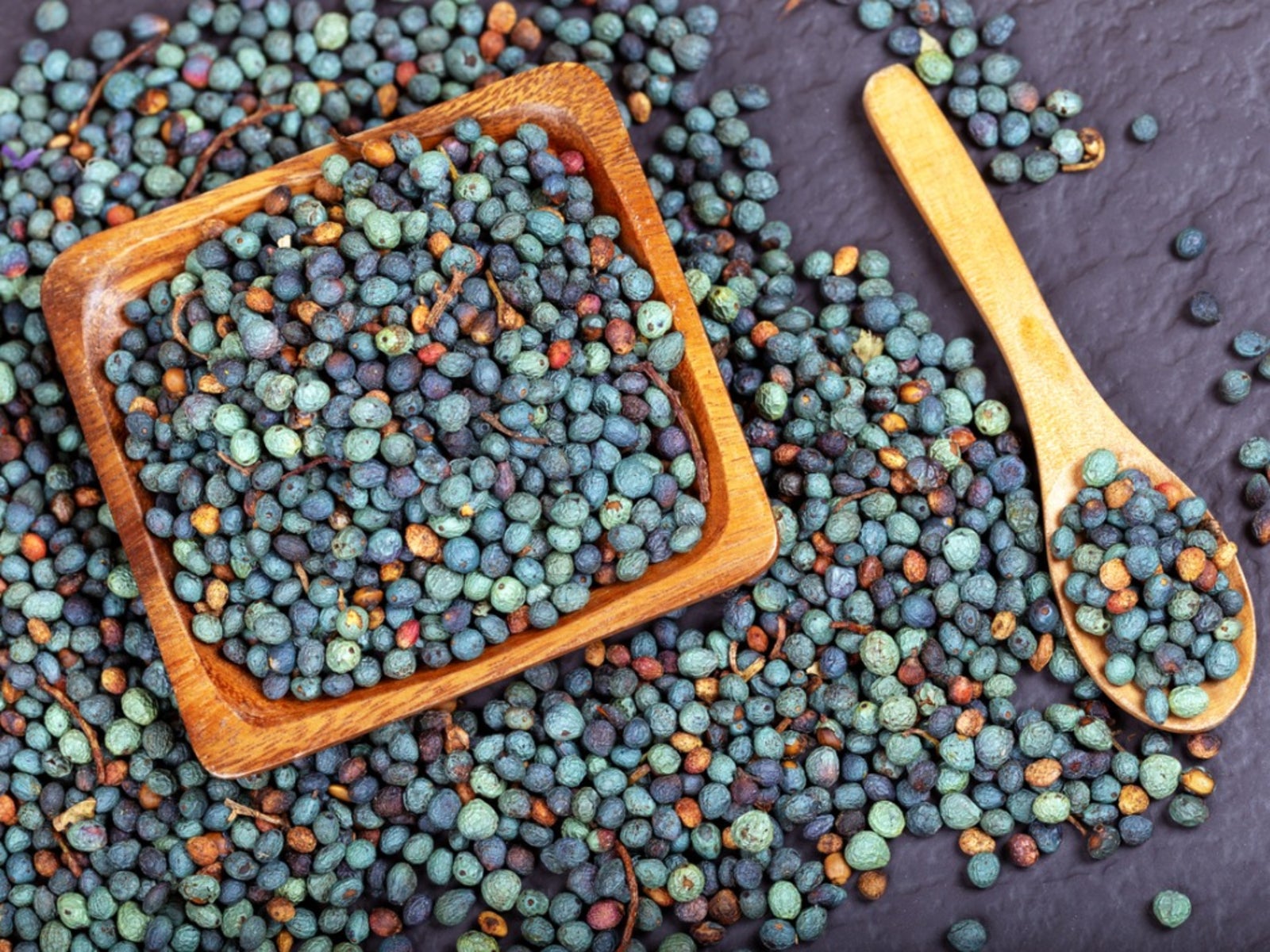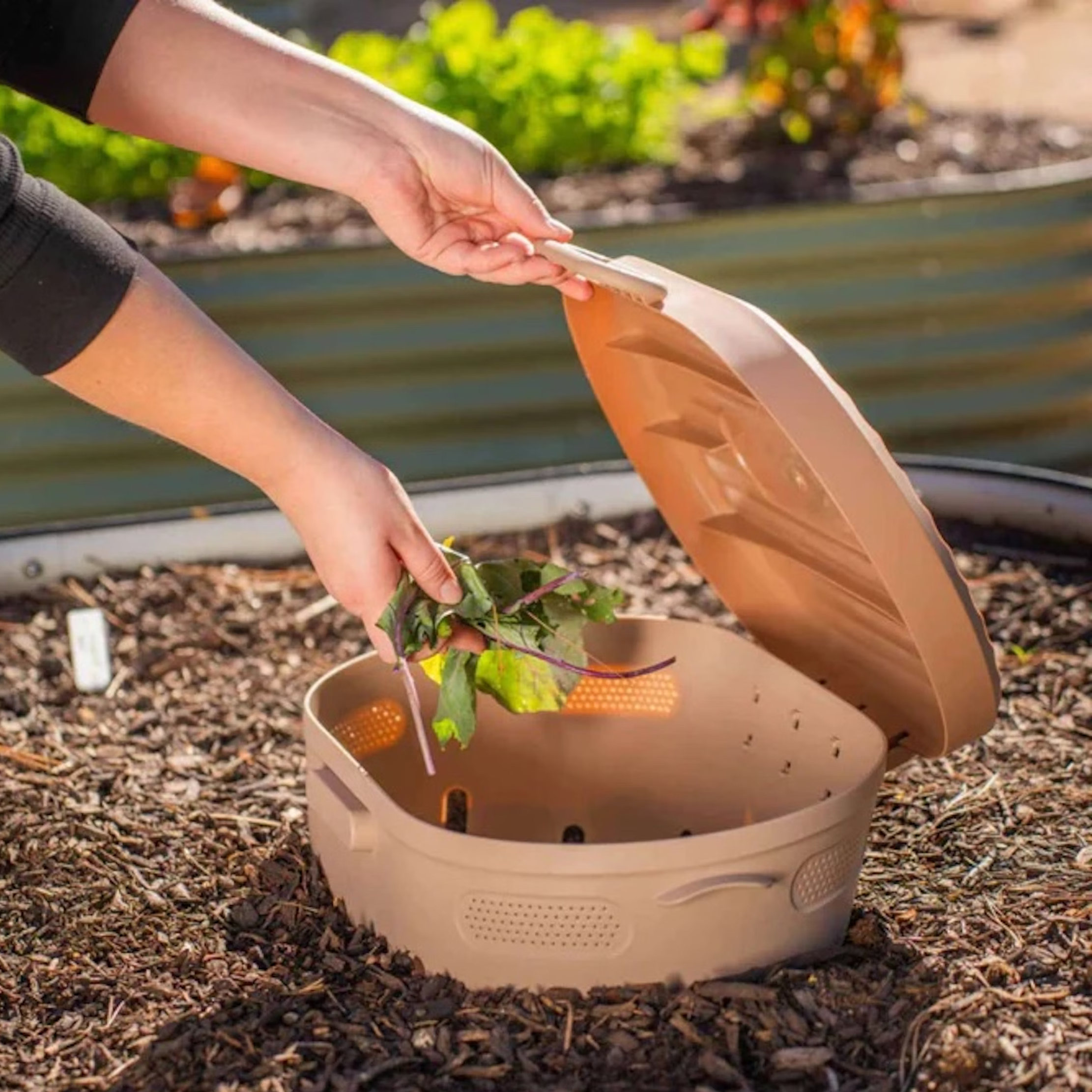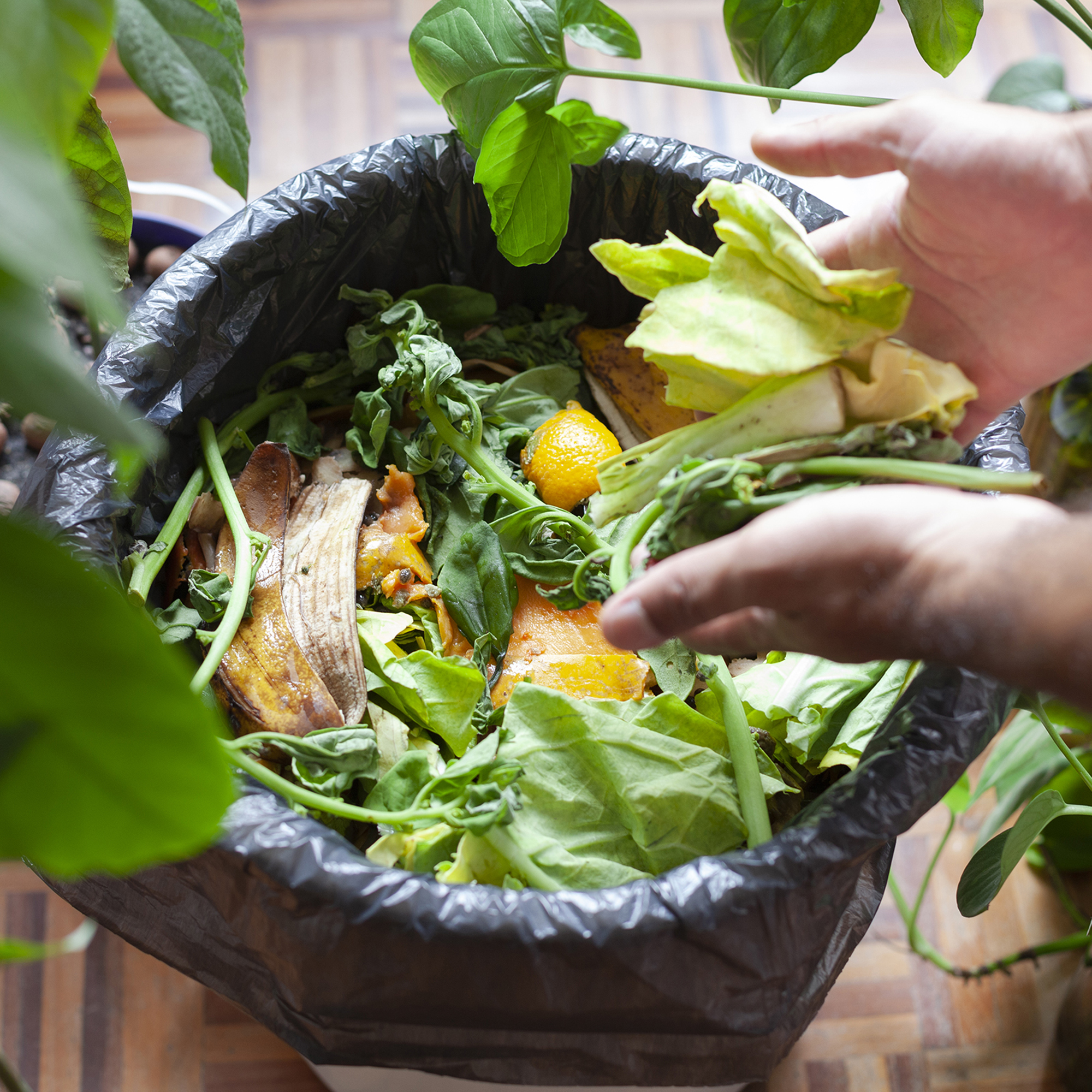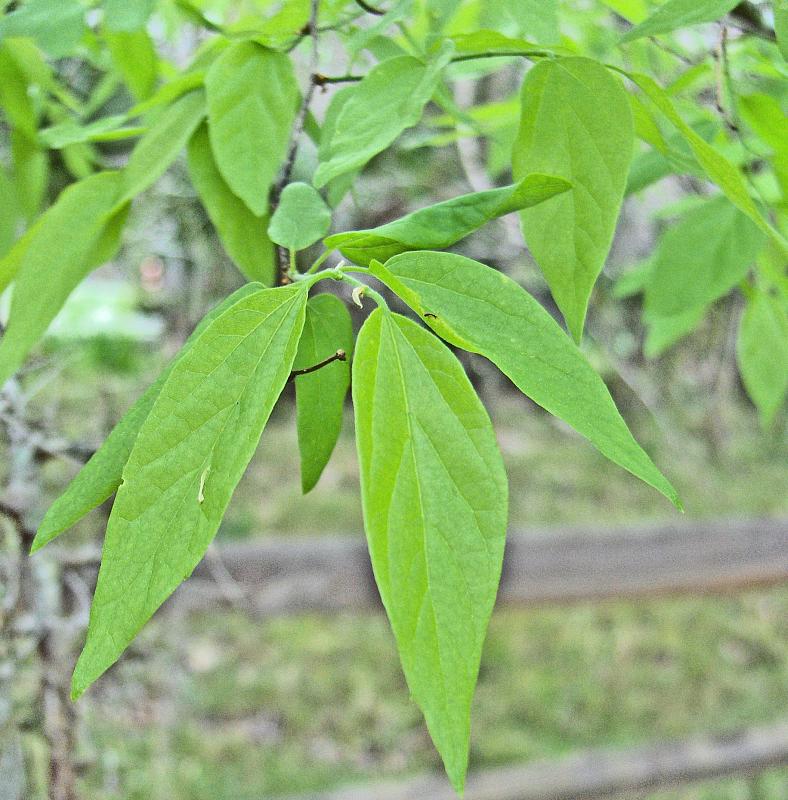What Is A Hackberry Tree: Learn About Hackberry Growing

So, what is a hackberry and why would one want to grow it in the landscape? Keep reading to learn more about this interesting tree.
What is a Hackberry Tree?
A hackberry is a medium sized tree indigenous to North Dakota but able to survive throughout most of the United States. Hackberry is an easy to identify member of the Elm family, though it belongs to a different genus (Celtis occidentalis). It has a distinctive warty bark surface sometimes described as stucco-like. It has 2 to 5-inch (5-13 cm.) long, alternate leaves with unequal bases and tapered ends. The leaves are dull green to glossy with a network of veining and serrated except at their base.
Hackberry Tree Info
Hackberry trees also bear ¼-inch (.6 cm.) sized, dark purple pitted fruit (drupes) that are valuable food sources through the late winter months for a variety of bird species including flickers, cardinals, cedar waxwings, robins and brown thrashers. Of course, in the yin and yang of things, this attraction has a detriment as well since small mammals and deer may damage the tree when browsing. Patience does not necessarily need to be a virtue when hackberry growing; the tree matures rapidly, attaining heights of 40 to 60 feet (12-18 m.) at the crown and 25 to 45 feet (8-14 m.) across. Above the gray ridged barked trunk, the tree broadens and arches out from the top as it matures. The wood of the hackberry tree is used for boxes, crates and firewood, so not necessarily a wood for finely crafted furniture. The Native Americans once used the fruit of the hackberry to flavor meats much as we use pepper today.
How to Grow Hackberry Trees
Grow this medium to tall tree on farms as field windbreaks, riparian planting or along highways in beautification projects - as it does well in dry and windy areas. The tree also enlivens boulevards, parks and other ornamental landscapes. Other hackberry tree info tells us that the specimen is hardy in USDA zones 2-9, which covers a good bit of the United States. This tree is moderately drought hardy but will do best on moist but well draining sites. When hackberry growing, the tree thrives in most any type of soil with a pH of between 6.0 and 8.0; it is also able to withstand more alkaline soils. Hackberry trees should be planted in full sun to partial shade. It truly is quite an adaptable species of tree and requires little care.
Gardening tips, videos, info and more delivered right to your inbox!
Sign up for the Gardening Know How newsletter today and receive a free copy of our e-book "How to Grow Delicious Tomatoes".

Amy Grant has been gardening for 30 years and writing for 15. A professional chef and caterer, Amy's area of expertise is culinary gardening.
-
 Try The Trend – Turn Any Bed Into A Keyhole Garden With This Clever In-Ground Composter
Try The Trend – Turn Any Bed Into A Keyhole Garden With This Clever In-Ground ComposterKeyhole gardening is an efficient and sustainable practice that saves space. Get started on this DIY project quickly and easily with an in-ground composter.
By Bonnie L. Grant
-
 4 Superfast Composting Methods: Turn Waste Into Garden Gold In 30 Days Or Less
4 Superfast Composting Methods: Turn Waste Into Garden Gold In 30 Days Or LessTry the fastest composting methods to turbocharge your pile and transform kitchen scraps and garden waste into finished compost in just a few weeks.
By Mary Ellen Ellis
